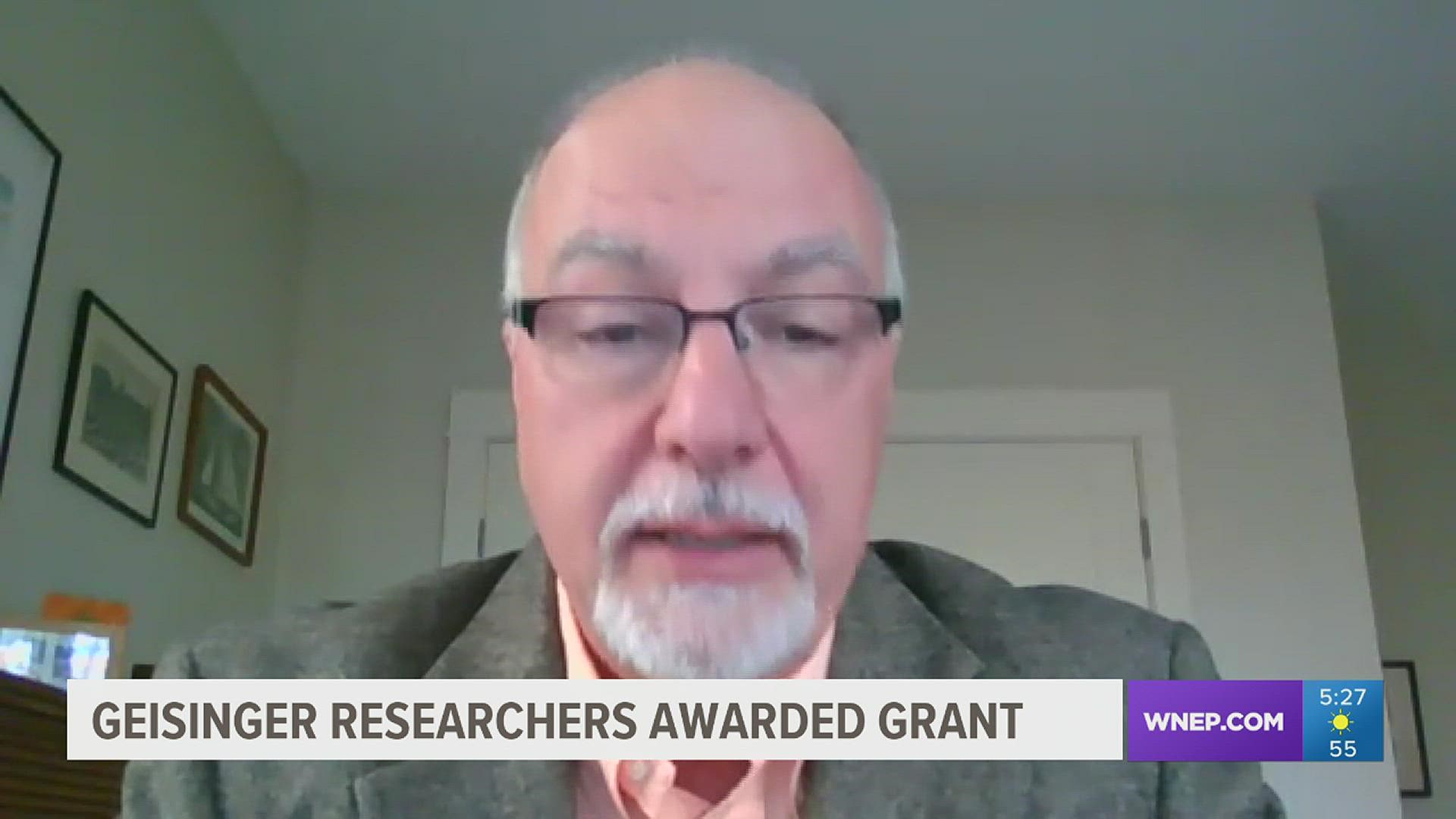DANVILLE, Pa. — Nobody likes going to the doctor, and if your condition is not common, you may end up spending more time than you'd like at your physician's office.
"We tend to prioritize things that are more commonly encountered and that fit that present patient. But within that group are 1, 2, 3 percent of individuals that happen to have a rare disease, and many of them are genetic," said Marc Williams, director emeritus of Geisinger's genomic medicine institute.
Rare diseases can be frustrating for both patients and doctors, as they can take a long time to diagnose. Recently, a team of researchers at Geisinger was awarded a $5 million grant from the National Institute of Health's National Human Genome Research Institute. The grant is to develop a tool that will allow health care providers to diagnose a genetic basis for various medical conditions in real-time.
"Essentially, what we're doing is a genetic test, but we're doing it in a computer, and we're doing it without a physician thinking, necessarily,' I need to order a genetic test.'"
The project is taking advantage of electronic health records, genomic sequences, and how to combine them to shorten the diagnosis time for people with rare diseases.
Doctors would recommend further testing and treatment based on what those results generate.
"By doing those three things, at least our hypothesis is that we might be able to shorten this diagnostic odyssey and initiate more appropriate condition-specific care much more quickly."
The five-year project started in August.
Watch more Healthwatch 16 stories on YouTube.

